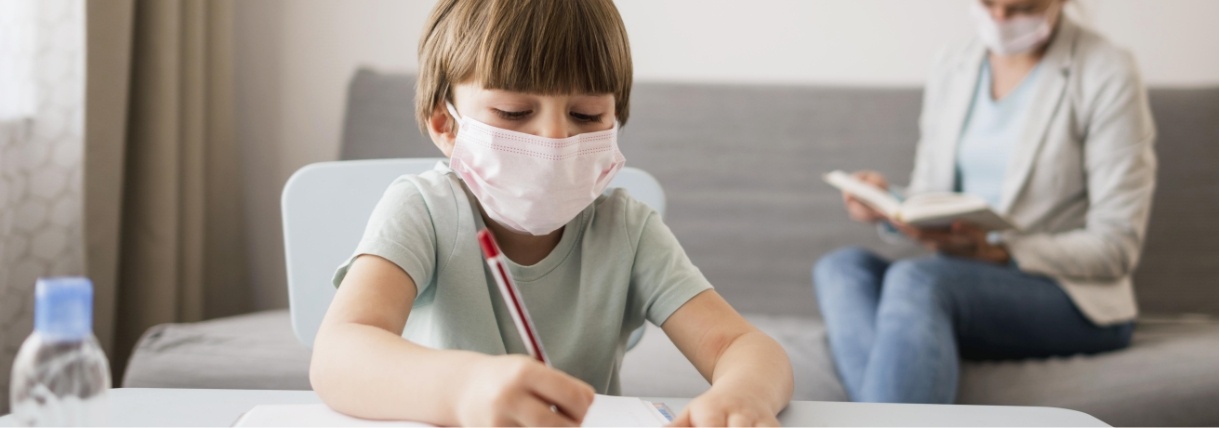
Hence, reopening schools is deeply concerning in the UK and throughout the world. Schools and nurseries may become a center for COVID-19 transmissions and it could lead to the second wave of infections.
Schools are planned to reopen in phases but it is not likely to happen soon. According to a recent study, children are as vulnerable to the virus as adults. The symptoms displayed among the infected children are mild yet it is found that there are equal levels of virus circulating in their body. The current situation could be worsened if schools are reopened soon. Keeping the transmission rates low should be the primary concern now.
The coronavirus crisis also raises the risk of learning loss among vulnerable and disadvantaged students. For many of the vulnerable and poor students, school is the only safe place.
The Equality and Human Rights Commission (EHRC) in the UK, issued a warning that this summer, GCSE and A-level grade evaluations should not unfairly penalize children from minority ethnic backgrounds, disabled pupils and those with special educational needs. According to the executive director of Unicef UK, Sacha Deshmukh, British governments should provide additional support to 90% of vulnerable pupils not attending schools, when finally the schools reopen. The continued closures of schools will increase inequality gaps, and result in learning loss among the most vulnerable pupils. Consequently, it could impact their progress in education and their future.
The findings of the new study that suggests children are just as infectious as adults make the move of reopening schools very risky. Meanwhile, the parents want to know when they can send their children back to school. There is no set date as to when the schools will reopen, while some suggest June 1 as the earliest possibility. When it happens it will be through phases.

